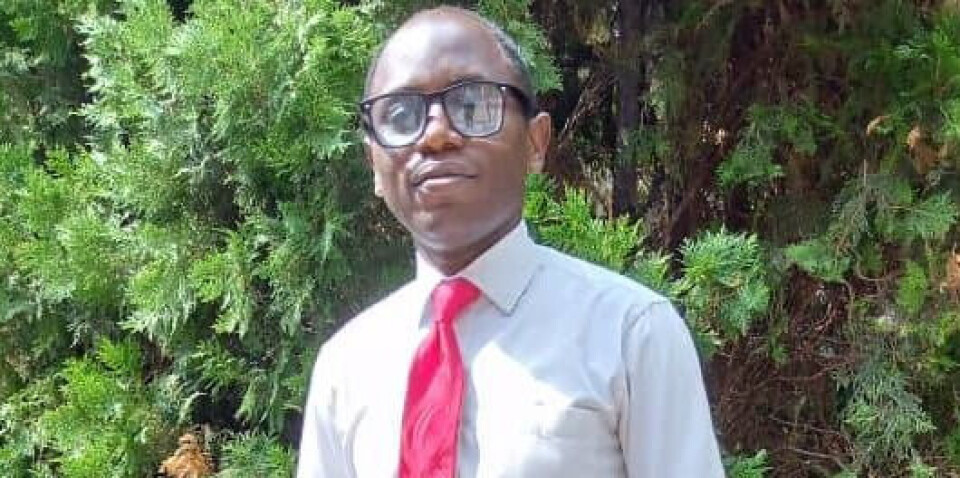“It’s a movement that has just been born but I’ve been thinking about it for a long time,” said Sangano who is outraged about the flaws he has discovered in the judicial system that disadvantage those who bring cases to court in the Democratic Republic of Congo (DRC). He calls these victims of the dysfunctional judicial system, “oppressed”.
“I have never understood whether our judges, magistrates or police officers who intervene in the justice sector hear the cries of the population,” commented Sangano. “You just have to leave a court, a prosecutor's office, a hearing and you will always find a lady or a father shouting that there is no justice in Congo. This is because in reality there is something wrong!”
For the judicial defender, the administration of justice must be accompanied by respect for human rights. According to Sangano, there are numerous practices that violate the law. He points, for example, to the practice of holding a suspect in police custody which should last only 48 hours in the DRC, but which is sometimes extended to a week. “The law on criminal procedure allows the police to detain a defendant for 48 hours. After this period, he must either be released or brought before the competent judicial authority,” he said.
This extension of police custody leads to overcrowding of prisons in the DRC, especially in Goma, as many defendants are detained there before being tried – sometimes for years.
“For you to put someone under provisional arrest there are conditions. There must be a serious indication of guilt, there must be the possibility that the defendant will flee, he must represent a danger to public safety, the sentence he faces must be of such and such a length – but all this is not respected,” Sangano stated.
In addition to problems in the judicial process, Sangano noted the issue of corruption and the monetisation of judicial decisions, whereas in principle the administration of justice is free. “With corruption, violation of the procedure and reasonable time of trials, and violation of the rights of the defence, the courts and tribunals have become cemeteries of the law,” commented Sangano, noting that judicial officers are supposed to be fair.
He idealistically commented: “I sometimes imagine maybe there will be a day when a convicted person will say, ‘If I am convicted, I deserve this conviction.’ Or maybe an acquitted defendant will say ‘Justice was not done because I should have been convicted’,” he said.
To join Africa Legal's mailing list please click here

